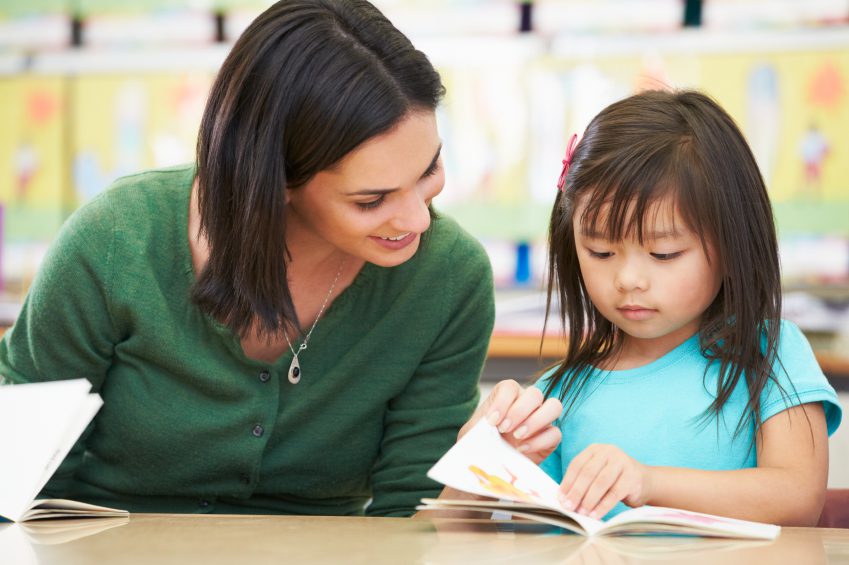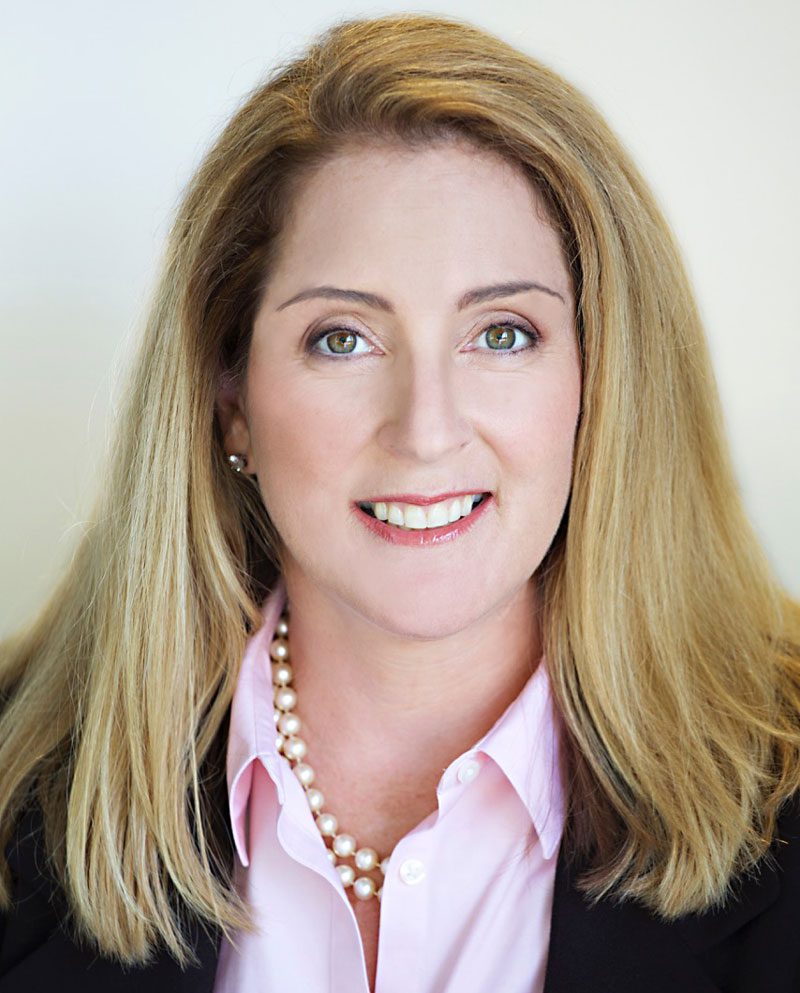By Wendy Rice, Psy.D. Licensed Psychologist
When I was in high school, I struggled more than a bit with self-esteem and self-confidence. Getting homework done required an inordinate amount of effort and I rarely felt satisfied with the final product. My grades were fine but I generally had a nagging feeling that I didn’t really understand things as well as my classmates and I was convinced that I wasn’t smart.
If you have read my chapter in Succeeding Against All Odds (free give away on my website homepage), you probably already know why.
 My school guidance counselor, Mrs. Rosner, was the first one to tell me to “Be nice to Wendy” because I tended to be so hard on myself. It is amazing how many people have echoed that sentiment to me over the decades since.
My school guidance counselor, Mrs. Rosner, was the first one to tell me to “Be nice to Wendy” because I tended to be so hard on myself. It is amazing how many people have echoed that sentiment to me over the decades since.
Working with my mother and our school psychologist, Dr. Pollack, Mrs. Rosner facilitated a modified schedule for me during my senior year of high school when I was struggling with depression and my father was ill with cancer. She knew what credits I absolutely needed to graduate and arranged for me to do an independent study in a 1st grade classroom. I am indebted to all three of these heroes who thought outside the box so that I could finish high school.
Why am I telling you this story? Because I want you to know about the pivotal role a guidance counselor can play in your child’s life.
Today, I am meeting with the Hillsborough County School District’s Guidance Counselors. While I am charged with giving them a “mental health refresher” we will also discuss how and when they can (and should) collaborate with private licensed psychologists and other mental health professionals to support students and carve out individualized learning paths for students in need. Guidance counselors are often charged with taking care of hundreds of students which means that they cannot always give a child with significant difficulties the intensive one-on-one attention required.
Most are also not trained in clinical diagnosis or psychotherapy and it is outside of their scope of practice as school guidance counselors. While I personally believe they are real life super heroes for all they do, sometimes, even they need a helping hand in order to best assist their students.
Guidance counselors have a unique set of skills that include mental health counseling, a good handle on the educational requirements and systems, as well as typically having their finger on the pulse of their school. They have direct access to teachers, administrators, and even bus drivers.
Because of their counseling background, many have been exposed to a broad range of emotional, behavioral, neurodevelopmental, learning, social, and family problems. When kids are being treated by outside professionals who share their treatment plan and goals, your child’s guidance counselor can support those goals and objectives directly as well as indirectly by sharing them with your child’s teachers.
I have had some wonderful experiences collaborating with guidance counselors over the years to support kids with obsessive-compulsive disorder, school avoidance, attention deficit hyperactivity disorder, learning disabilities, and depression (to name a few). Together, we have brainstormed some awesome solutions to support “our” kids.
For example, Lucy (not her real name) was overwhelmed by the chaos in the hallways between classes. Her school was not aware of the impact this was having on her ability to attend school. We arranged for Lucy to leave her classes 5 minutes before the bell rang so that she could pass through the halls before they became mobbed. She needed this accommodation for about a month, while we worked together on her coping skills. Once she was feeling better, she was able to travel from class to class with a buddy and then on her own. And the best news of all was that during this time, she had 100% attendance with much less anxiety.
Another young man, Brendon (not his real name) was incredibly fidgety and was causing major ruckus in his classes. He knew that he was causing problems but didn’t know why. His teacher hadn’t quite figured him out at the point his parents brought him to me. After explaining Brendon’s particular “active” brain to him and figuring out some strategies that he thought might be helpful, we talked to his guidance counselor together to put a plan in place for him. He was allowed to move his seat to the back of the room when he felt particularly restless so that he could stand up. The guidance counselor made a point of calling him down to her office at least two afternoons a week to help with running errands for her. His behavior improved and he ended the school year on a much better note in terms of grades, behavior and self-esteem.
These fortunate students had open-minded guidance counselors understood them and were willing to collaborate with me. As a result of our work, at least partially, both students had excellent outcomes. Without this collaboration, things might have turned out very differently.
What you may really need to support your child is a psychologist who will work in partnership with you and your school guidance counselor and/or your child’s teacher. There is an amazing synergy that happens when we all work together. It’s a bit like when parents work together and communicate versus when each operates in their own parental universe!


